
Ethan Freedman
Ethan Freedman is a science and nature journalist based in New York City, reporting on climate, ecology, the future and the built environment. He went to Tufts University, where he majored in biology and environmental studies, and has a master's degree in science journalism from New York University.
Latest articles by Ethan Freedman
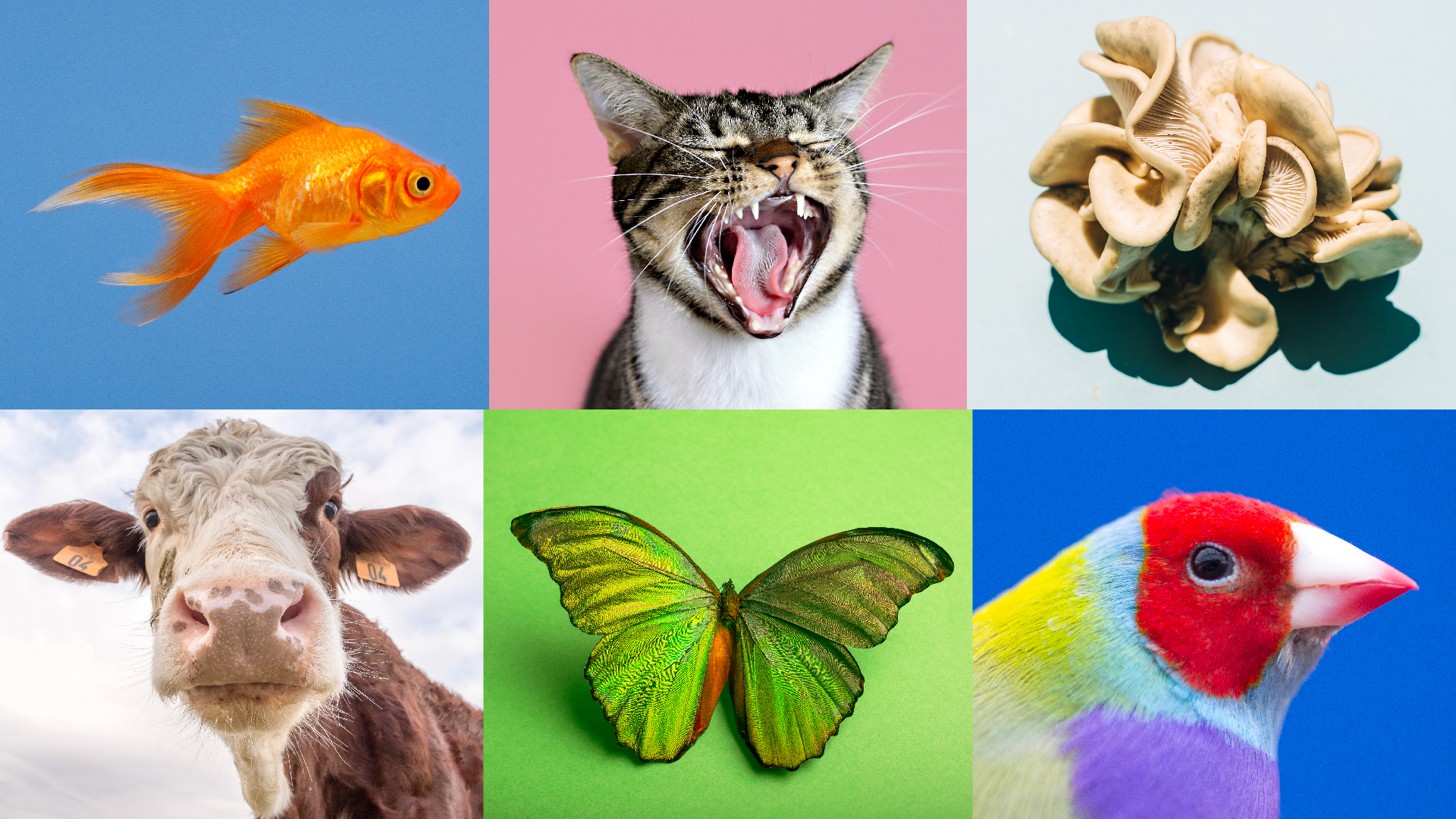
What is a species?
By Ethan Freedman published
To biologists, a "species" is the fundamental unit of categorization for life on Earth and a key tool for protecting living creatures.
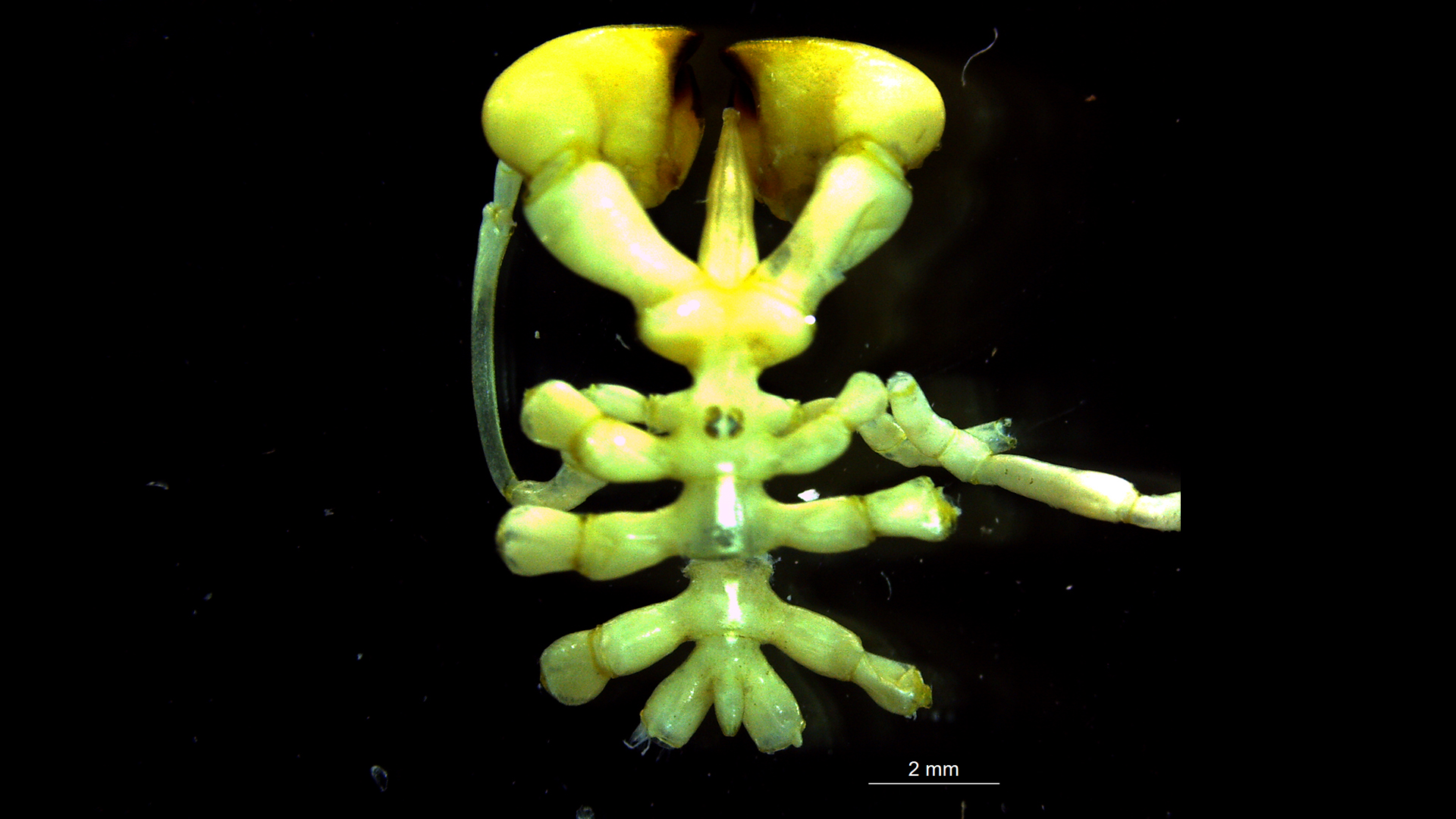
Newly discovered Antarctic sea spider with 'boxing glove' claws pulled up from ocean floor
By Ethan Freedman published
A newly discovered species of sea spider was pulled up from more than 1,800 feet below the surface of Antarctica's Ross Sea.
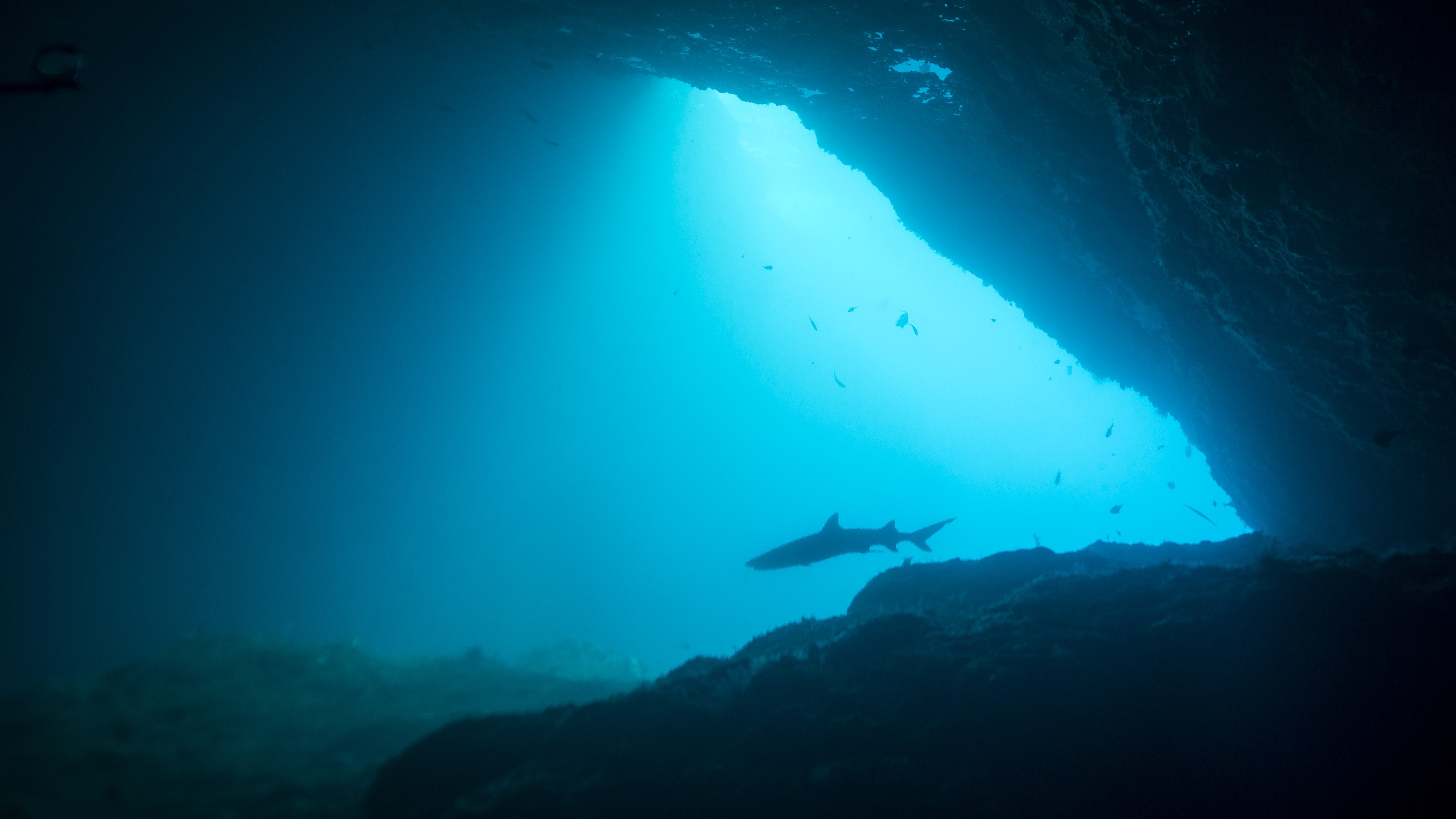
What percentage of the ocean have we mapped?
By Ethan Freedman published
"It's crazy to think that we don't have a complete map of our planet," one researcher involved in a project to map the entire seafloor by 2030 told Live Science.

Why cats purr is a surprisingly long-standing mystery. Now we're one step closer to solving it.
By Ethan Freedman published
Despite humans living with cats for thousands of years, scientists still don’t quite know how they make purring sounds. But new research appears to be edging us closer.
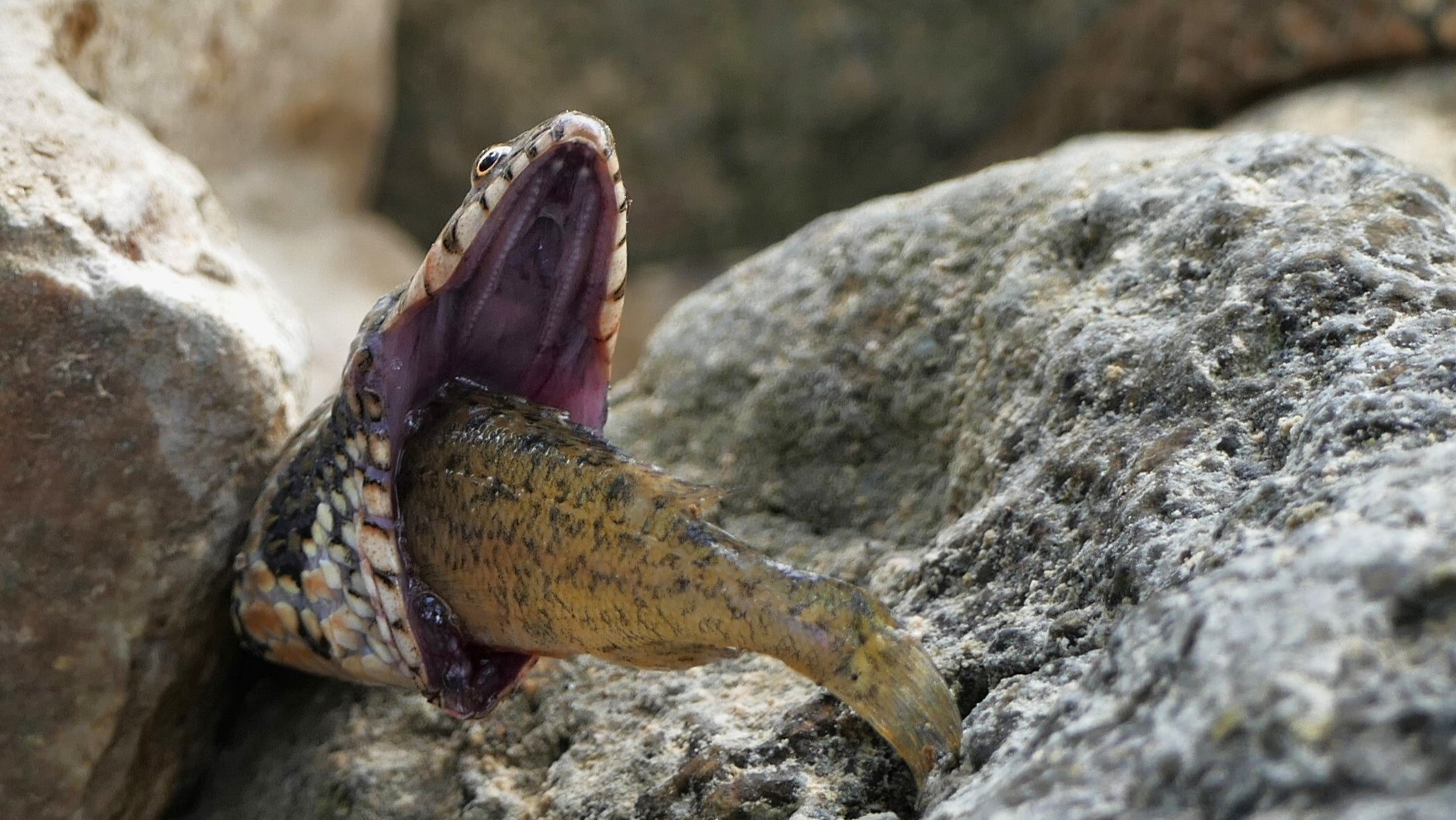
Snake choking on invasive fish the size of its head saved by scientist
By Ethan Freedman published
A snake in France had a lucky escape after attempting to eat a fish with a spiny dorsal fin that had gotten lodged into the reptile's esophagus.
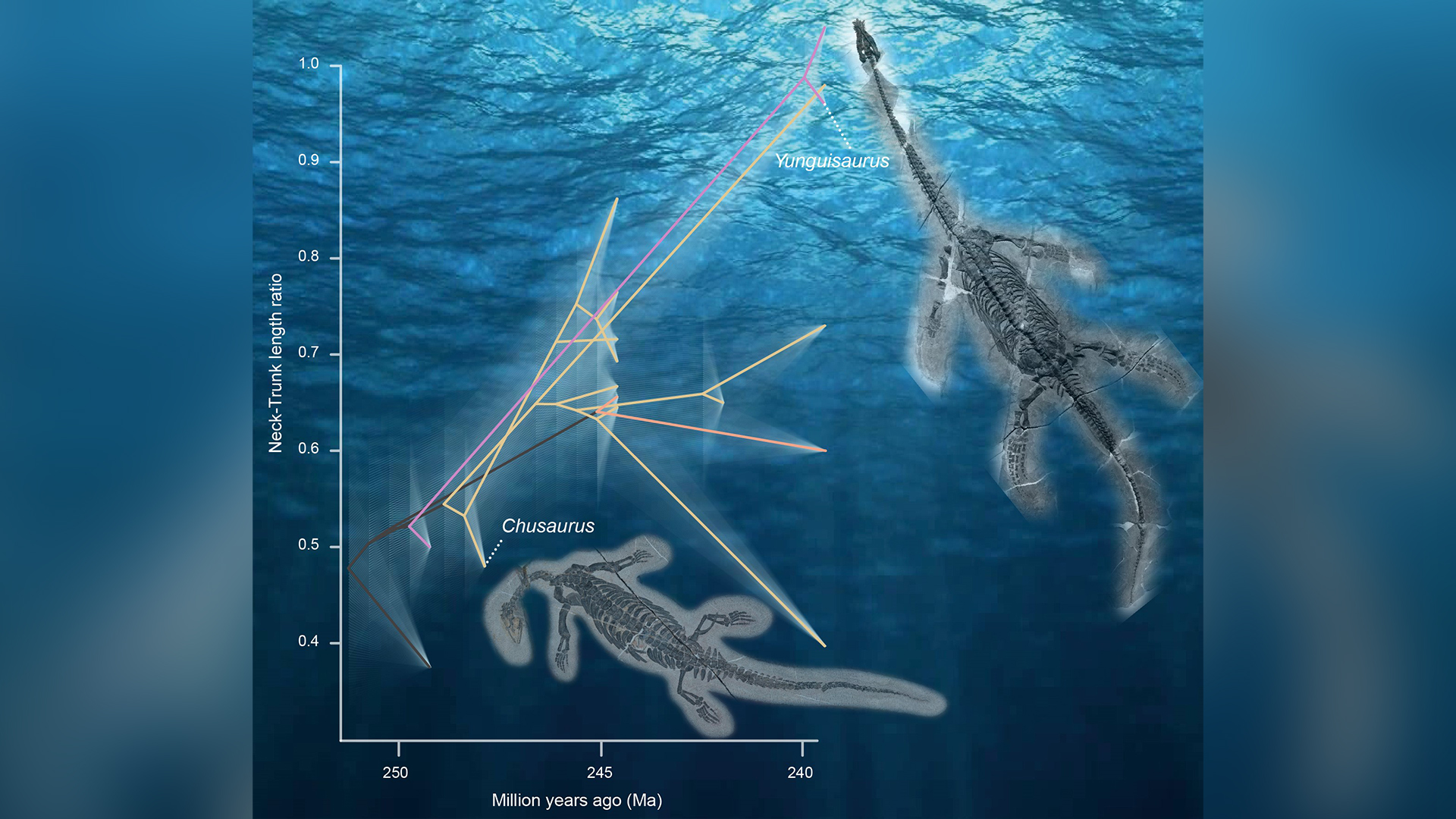
Ancient sea monsters grew their long necks super fast after Great Dying by adding more vertebrae
By Ethan Freedman published
Some of these aquatic reptiles of the dinosaur era had dozens of individual bones running down their long necks.
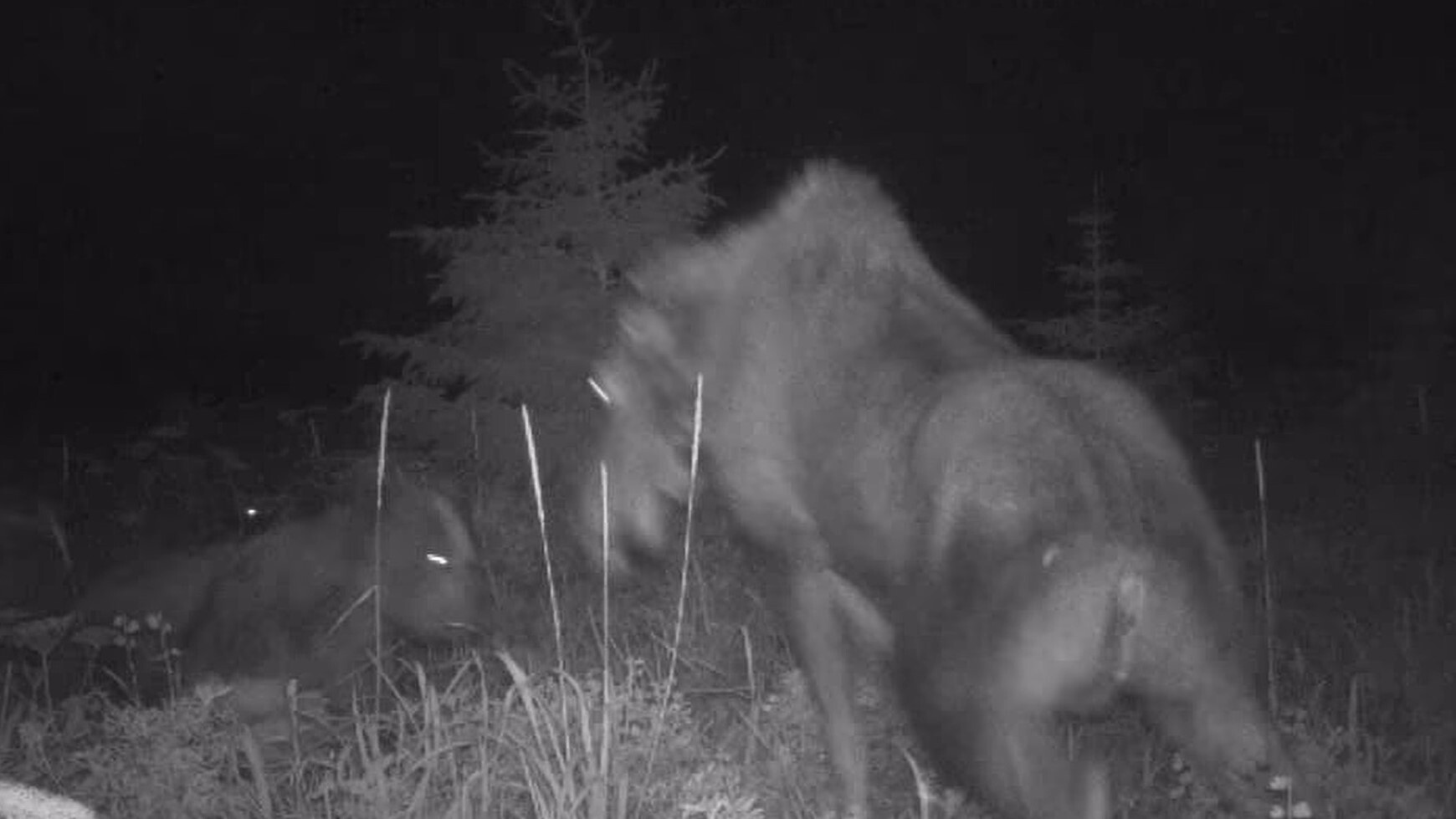
Watch bear and wolf attack moose mom and calf at same time in rare, remarkable footage
By Ethan Freedman published
In camera trap footage captured in the Alaskan wilderness, the moose appears to try to fight off the bear, as the wolf goes after the calf.
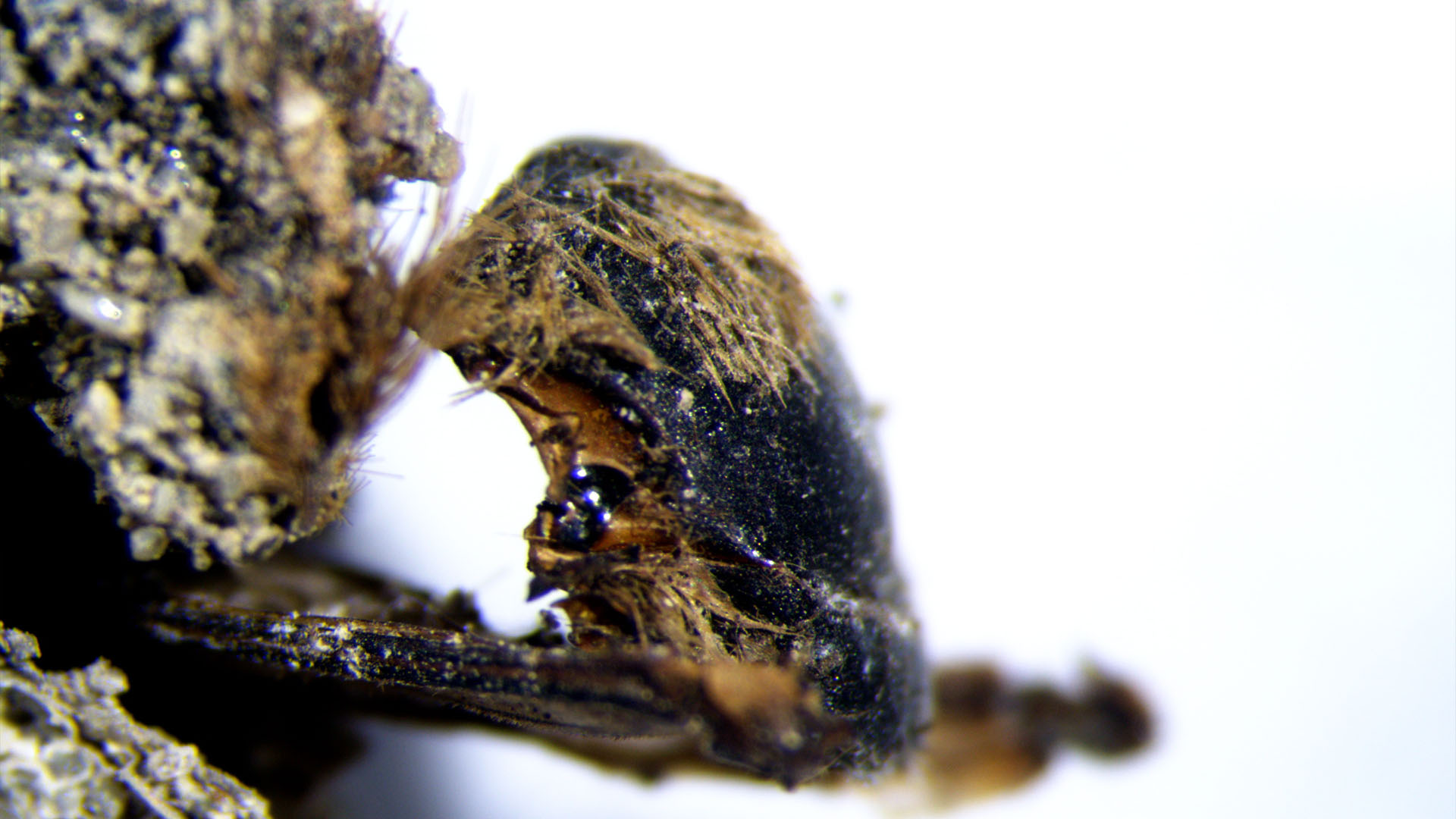
3,000-year-old mummified bees are so well preserved, scientists can see the flowers the insects ate
By Ethan Freedman published
The bees were preserved well enough for researchers to make out small features, like their legs and antennae.
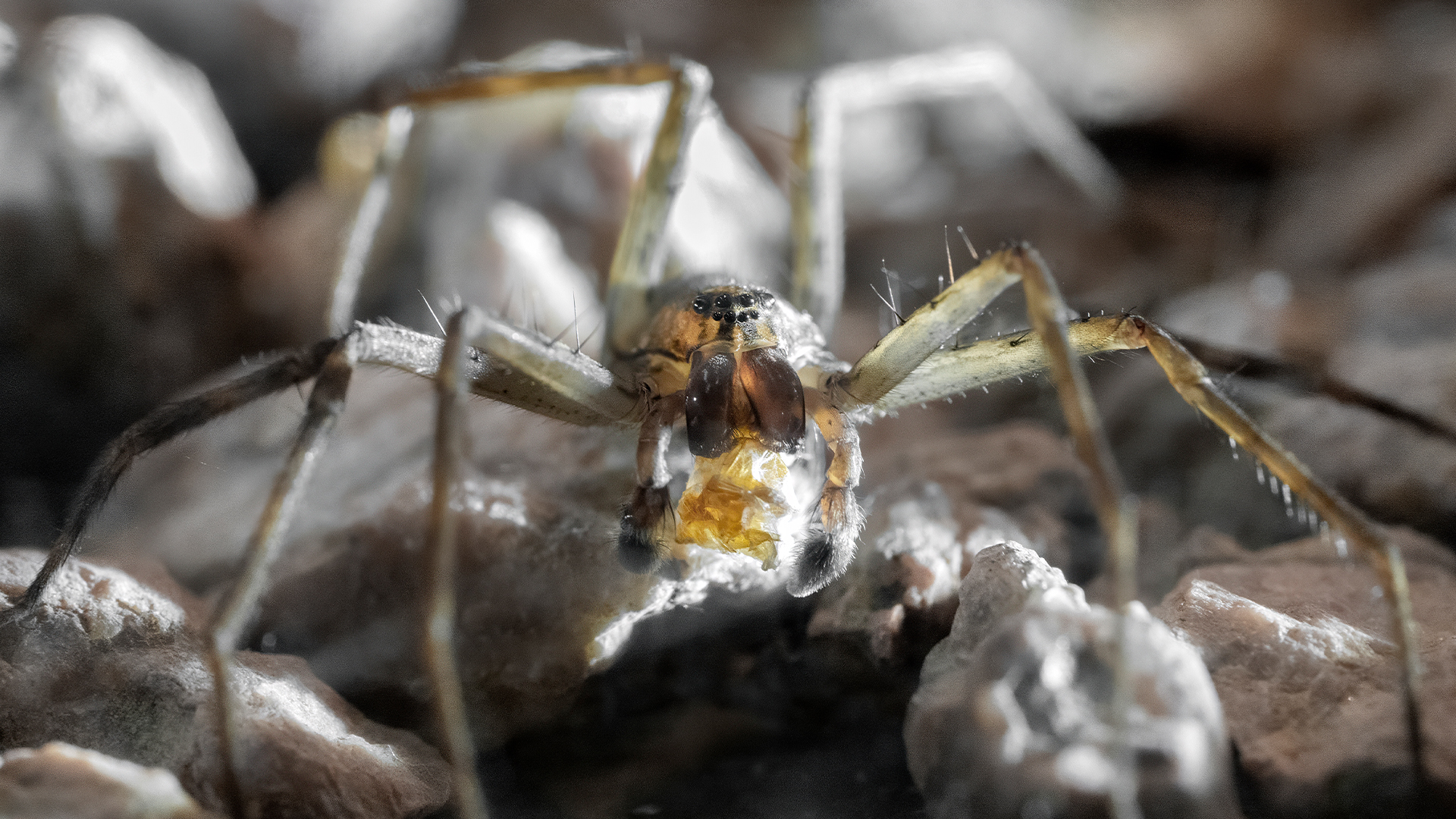
When stressed, these male spiders woo mates with empty 'take-out containers' instead of dinner
By Ethan Freedman published
When times get lean, male spiders may cheat more when wooing females by offering them worthless gifts of leftovers or dry leaves, rather than tasty food.
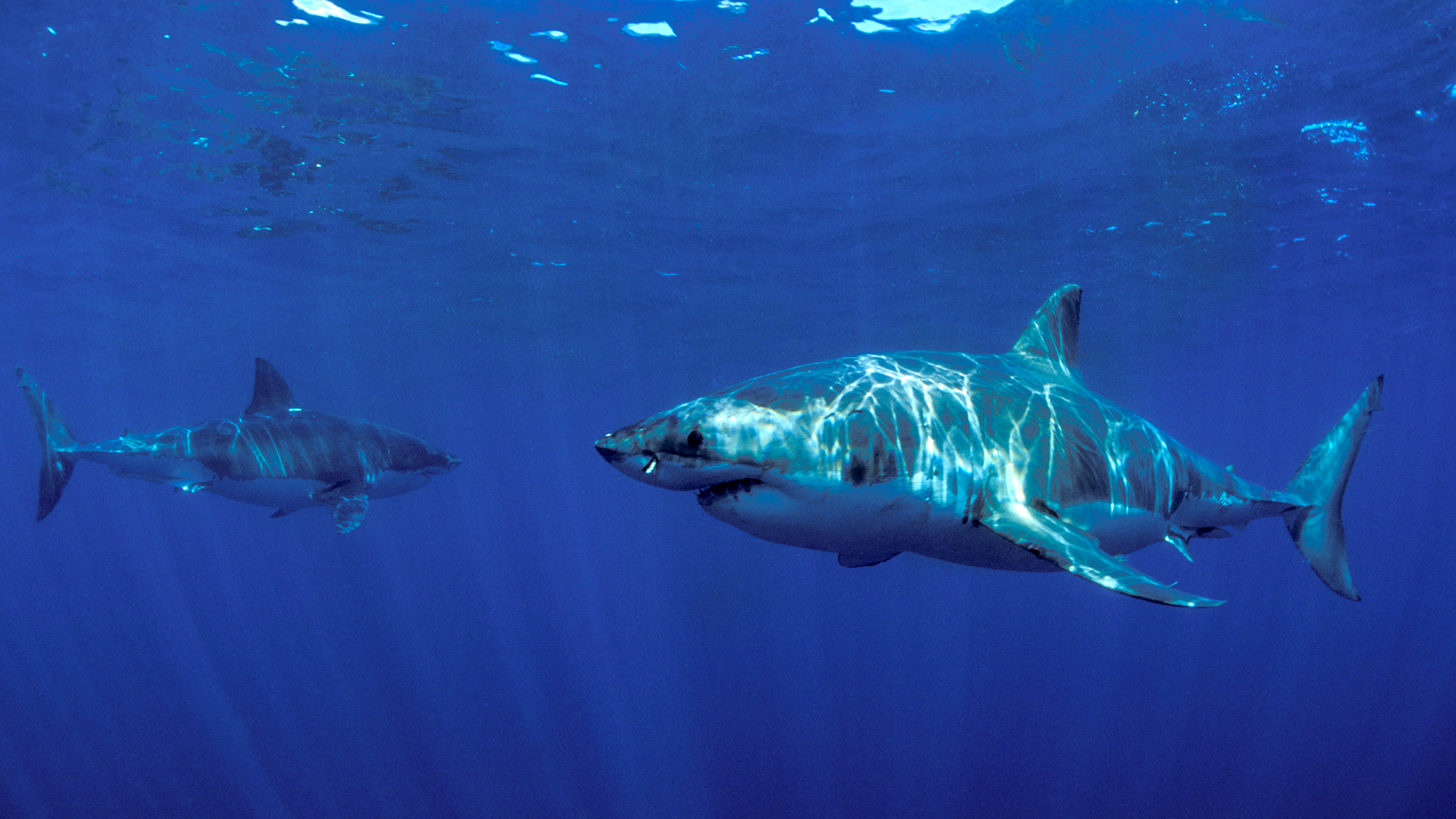
2 male great white sharks have traveled thousands of miles together and no one knows why
By Ethan Freedman published
Although usually solitary animals, two juvenile great whites, nicknamed Simon and Jekyll, have been tracked traveling more than 4,000 miles together along the U.S. east coast.
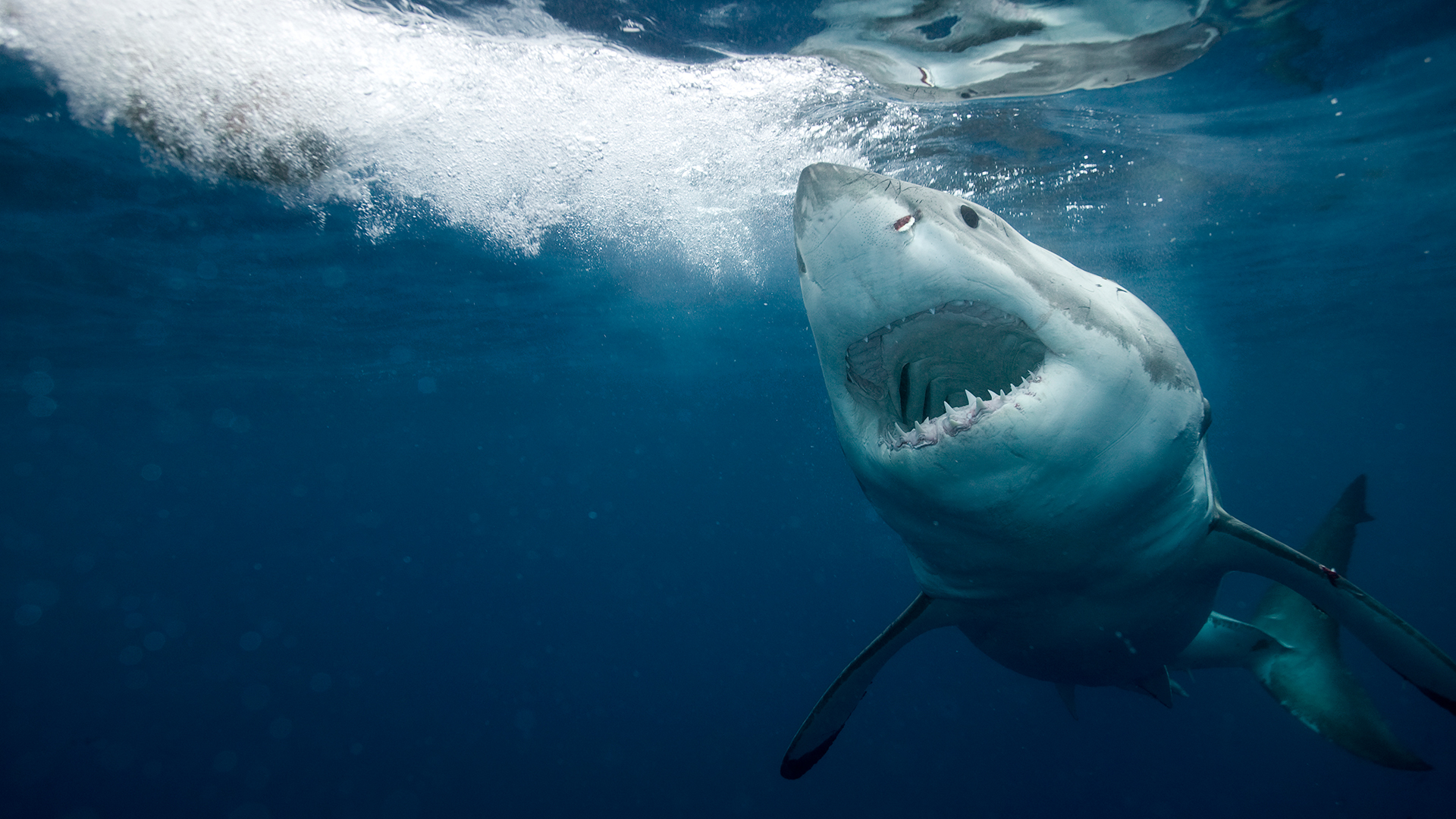
Great white sharks are washing up on Canadian beaches — but experts claim this could be a good thing
By Ethan Freedman published
More great white sharks are stranding on Canadian beaches than usual, which could be a sign that the population of this threatened species is rising.
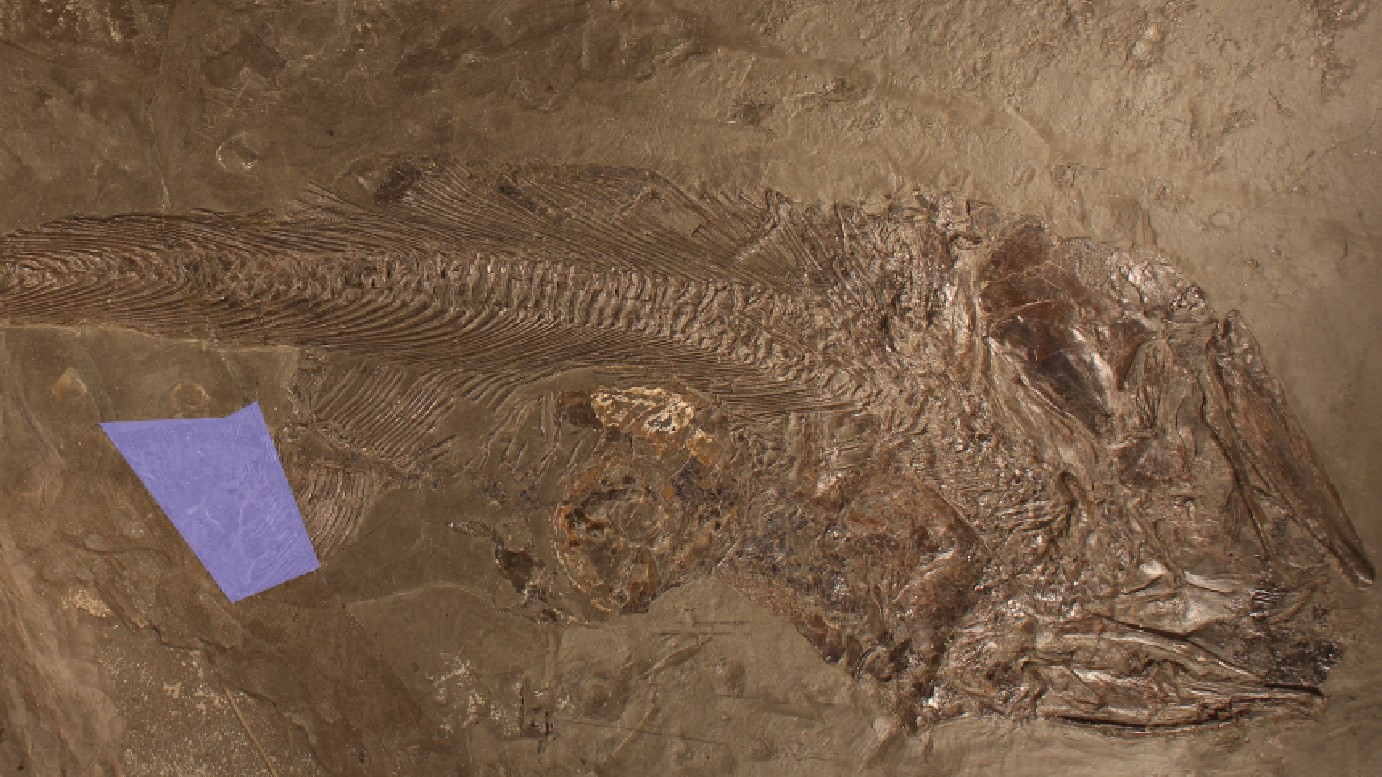
'Like swallowing a dinner plate': 180 million-year-old fish may have choked to death on its supersized supper
By Ethan Freedman published
The fossil was hidden in a museum drawer for decades before researchers reexamined it to uncover a story about prehistoric life — and death.
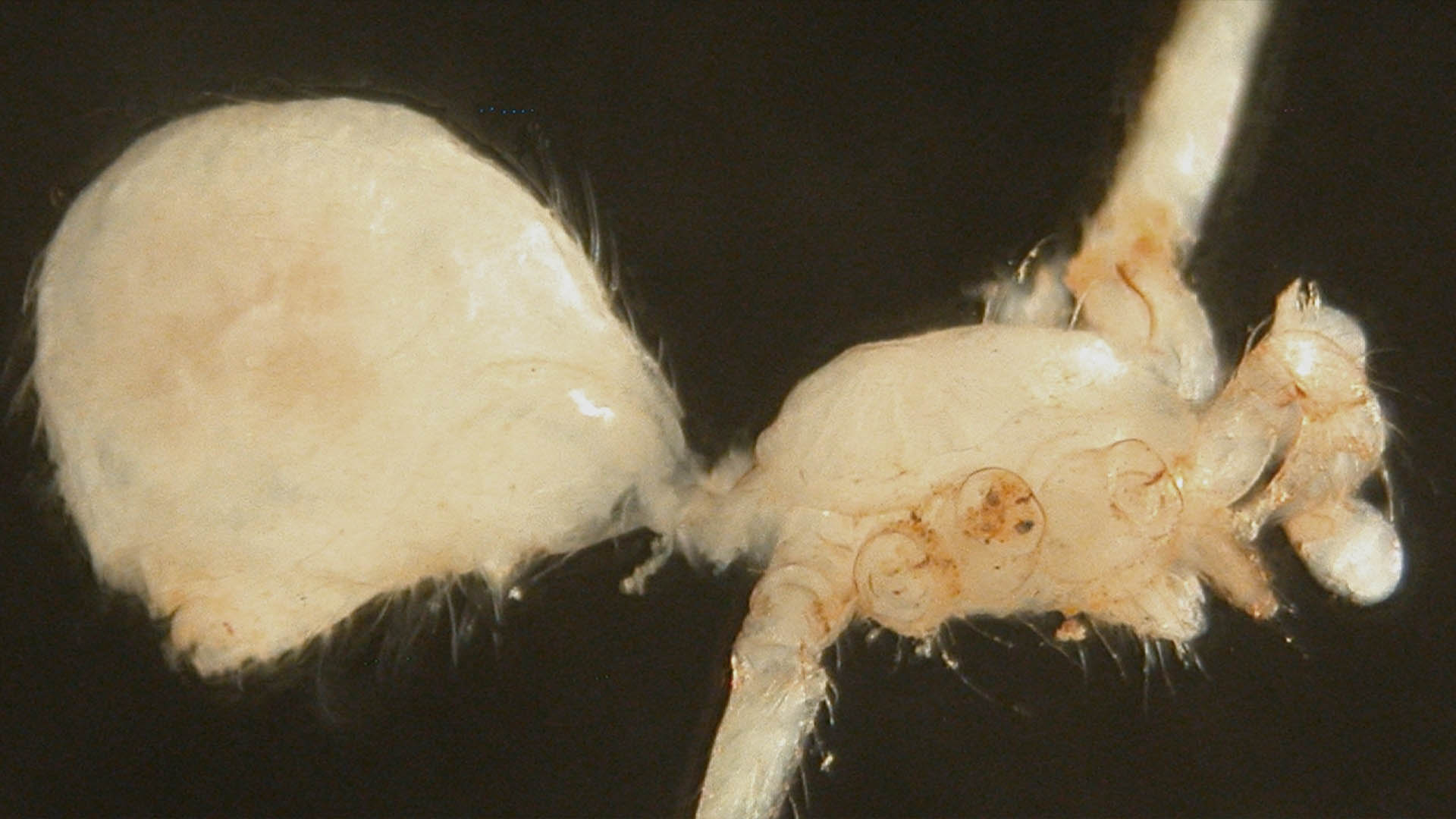
Spooky, subterranean daddy longlegs with ghostly pale bodies discovered
By Ethan Freedman published
Researchers believe that one of the new species may be a relic from an ancient ecosystem in Australia.
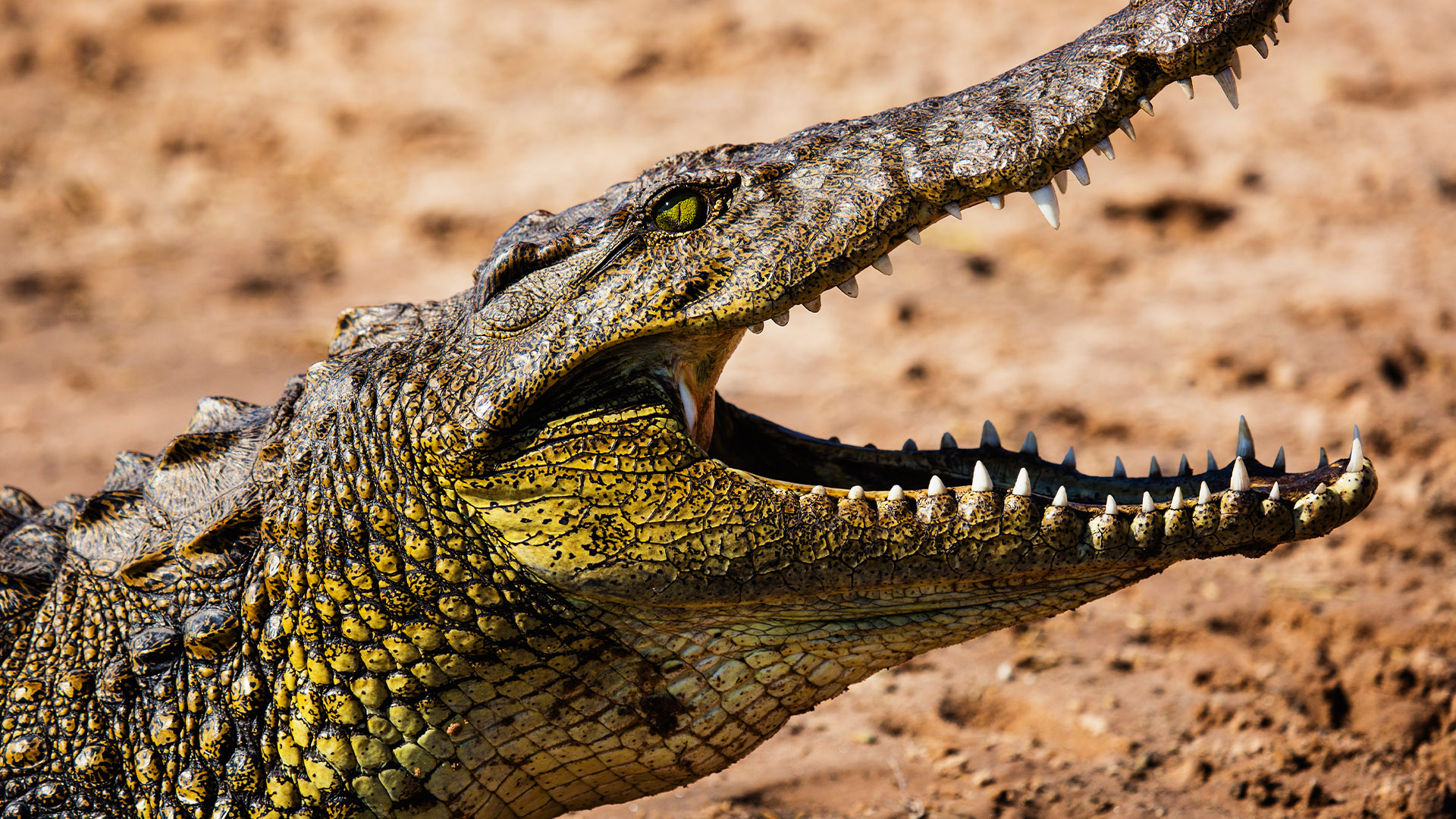
Crocodiles are drawn to the wails of crying human babies and infant primates
By Ethan Freedman published
Nile crocodiles seemed to respond more strongly to intense crying from human and ape infants, compared to calmer, quiet cries.
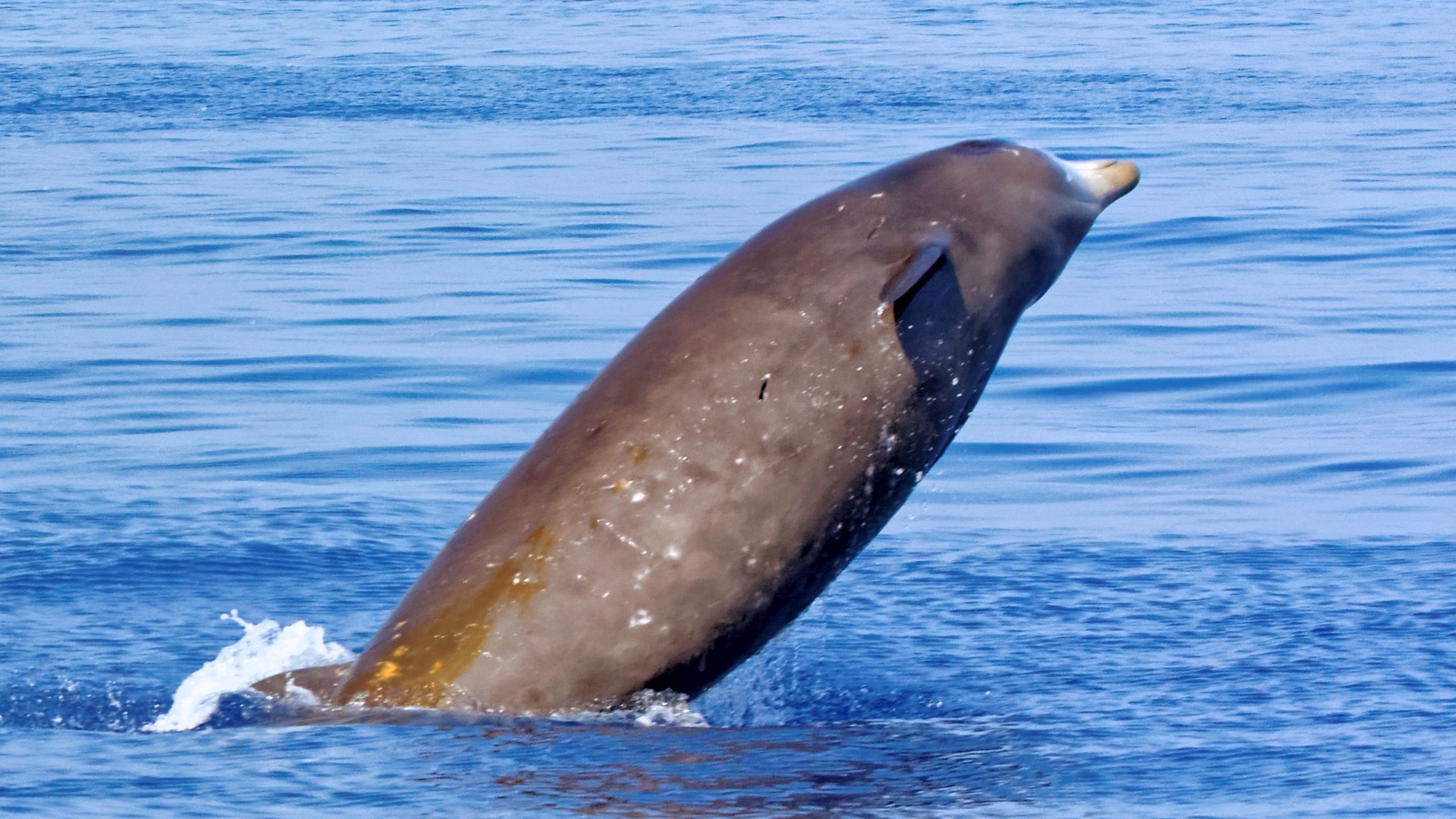
What is the deepest-diving mammal?
By Ethan Freedman published
One marine mammal has been documented diving as deep as 9,816 feet — equivalent to the depth of over 30 Statues of Liberty stacked on top of one another.
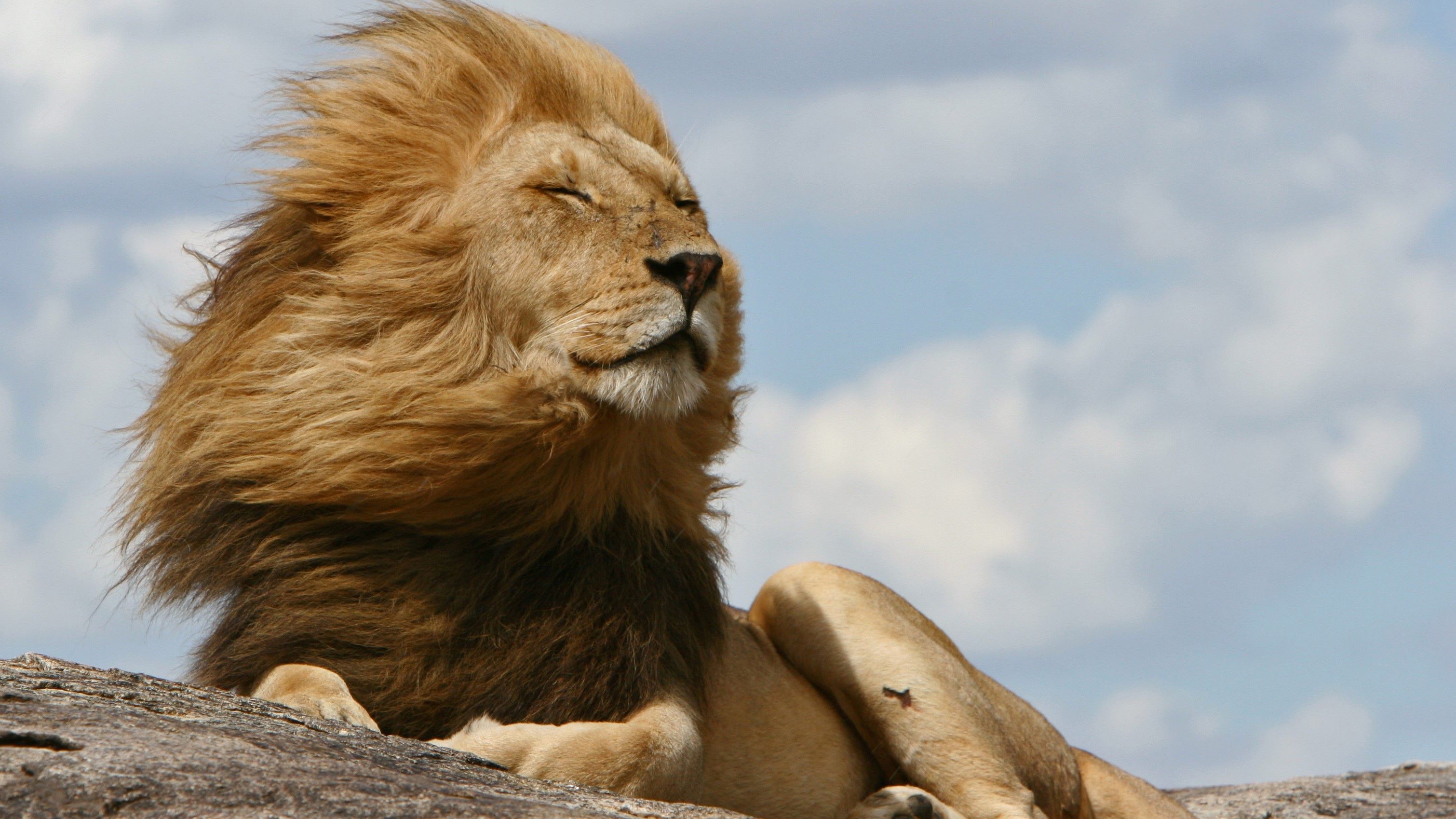
Why do lions have manes?
By Ethan Freedman published
Lion manes are generally there to impress and intimidate — but not all males have them, and in some circumstances, lionesses are also known to sprout fuzzy facial hair.
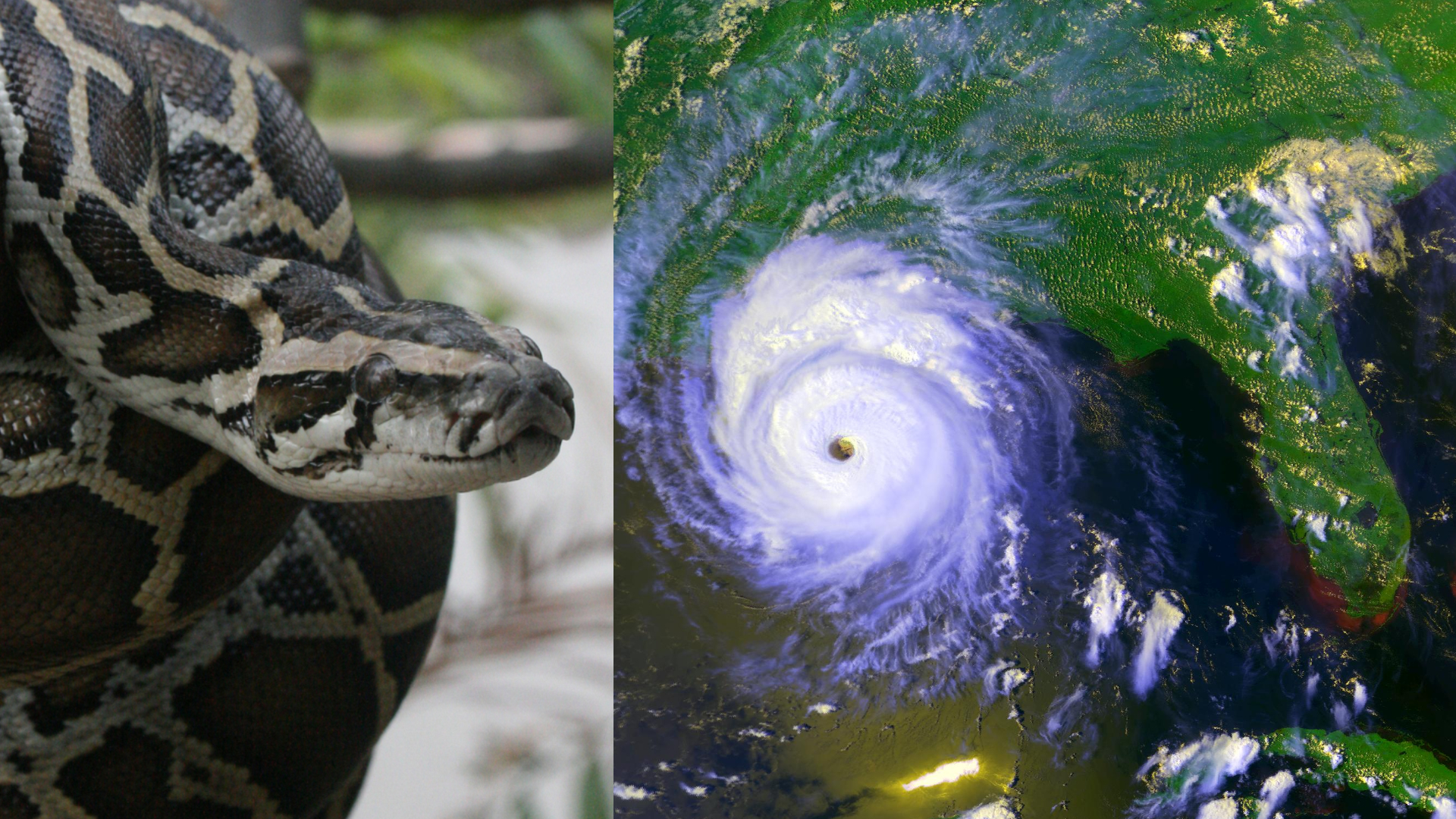
Long-held myth says Hurricane Andrew sparked Florida's Burmese python problem. Is it true?
By Ethan Freedman published
The 1992 storm destroyed a python breeding facility, potentially setting hundreds of pythons free. But it's likely the invasive species had gained a foothold in the Everglades long before the hurricane hit.
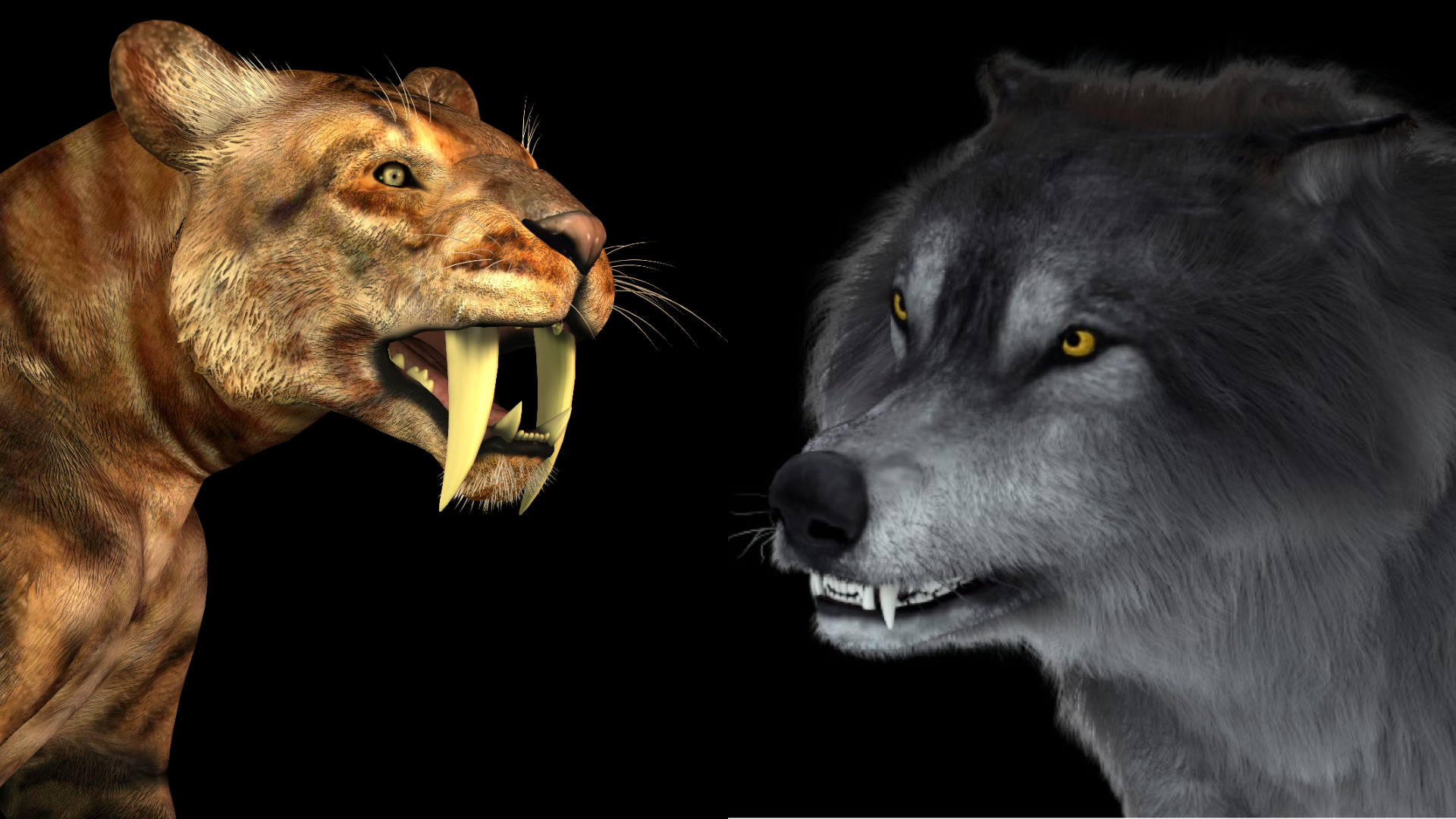
Dire wolves and saber-toothed cats may have gotten arthritis as they inbred themselves to extinction
By Ethan Freedman published
Bones from the two ancient predatory species were found in the La Brea tar pits in what is now West Hollywood and showed signs of bone disease not normally seen in wild animals.
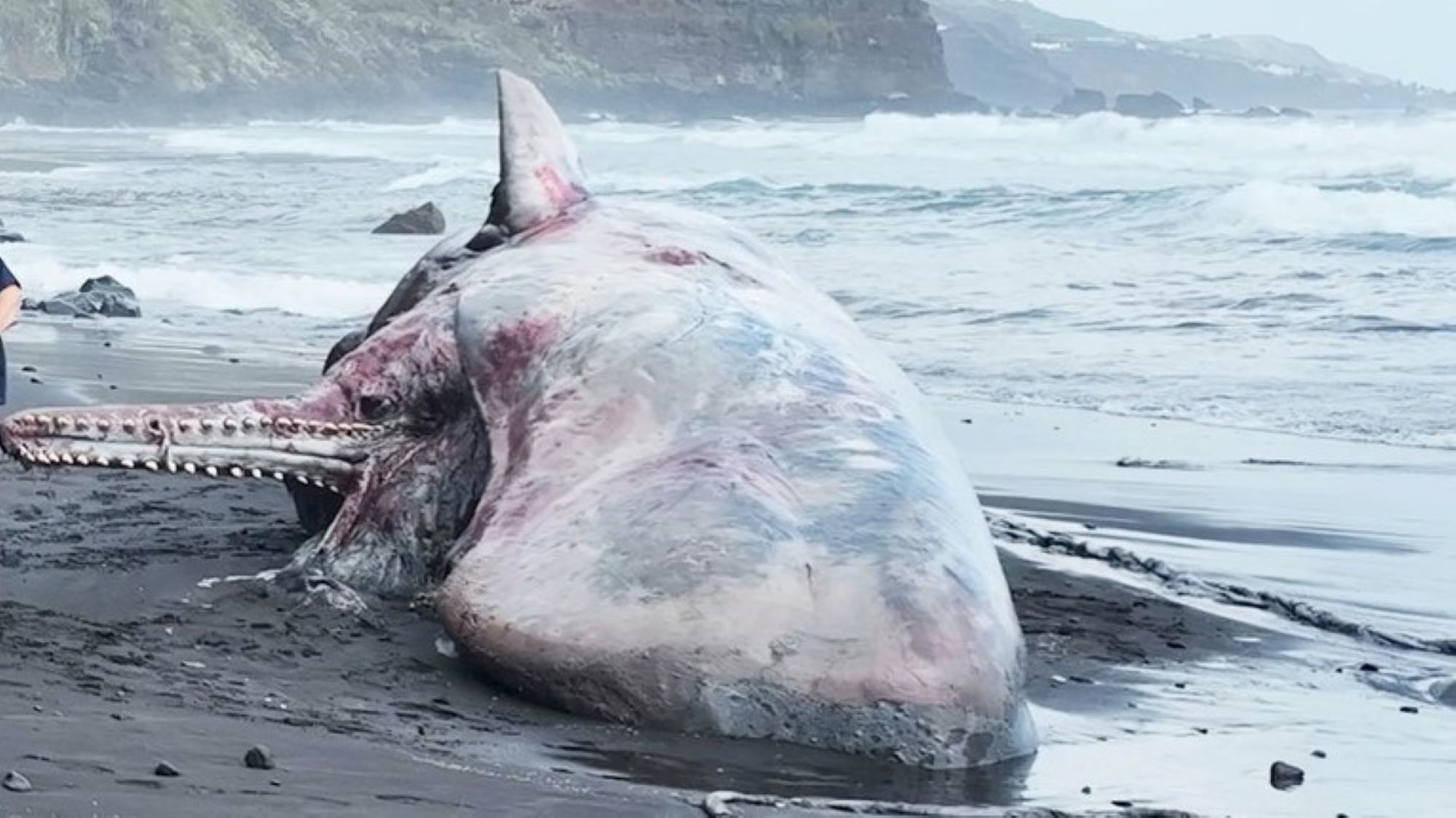
$500,000 chunk of 'floating gold' found in dead whale
By Ethan Freedman published
The huge chunk of ambergris was found lodged inside the sperm whale — and scientists believe it ruptured its intestine, causing its death and subsequent beaching in La Palma.
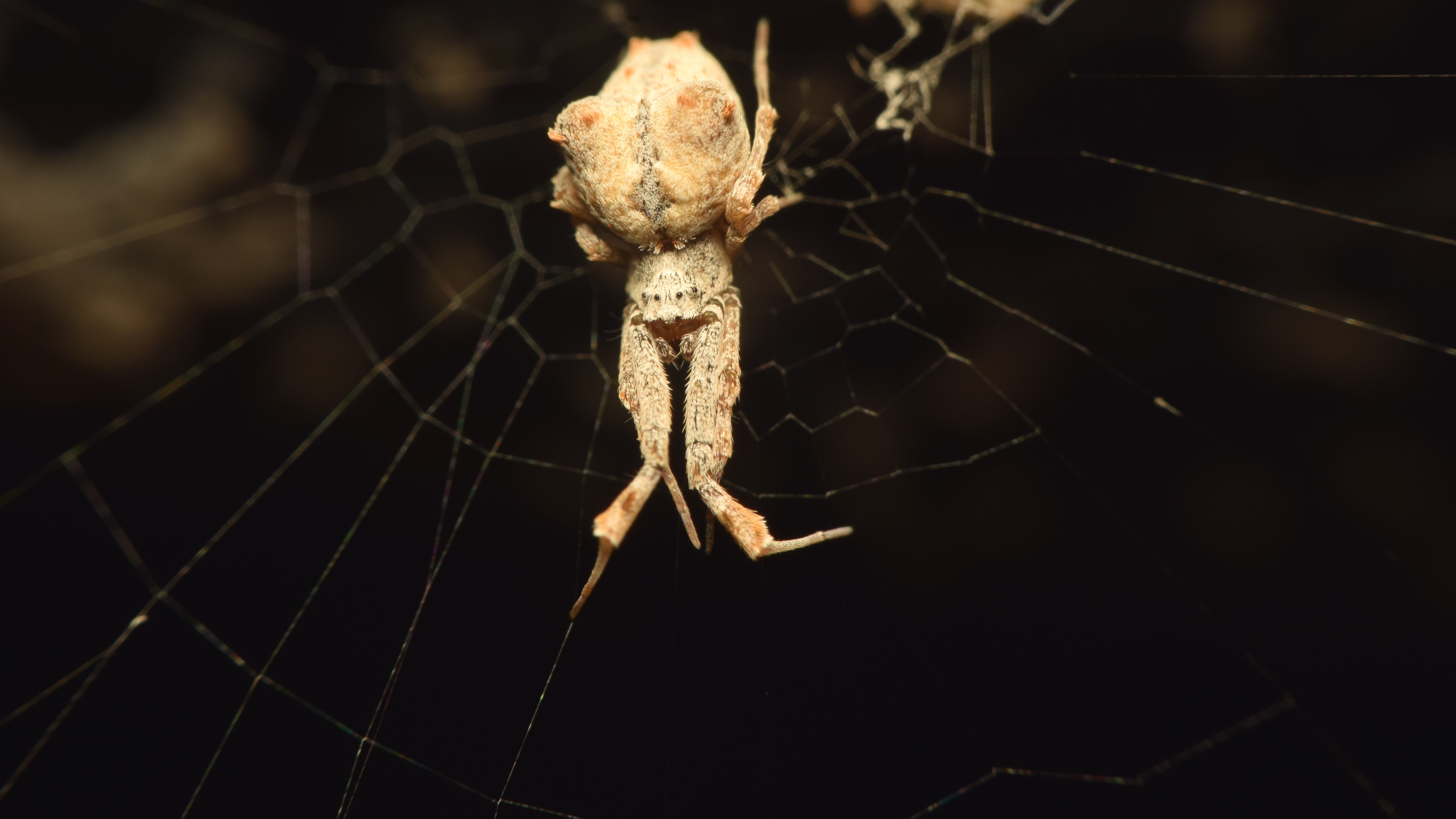
Spider with weird feeding behavior appears to kill prey by dousing it with toxic digestive fluids
By Ethan Freedman published
Spiders in the Uloboridae family wrap their prey in copious amounts of silk and cover them in toxic fluids before starting their feast.
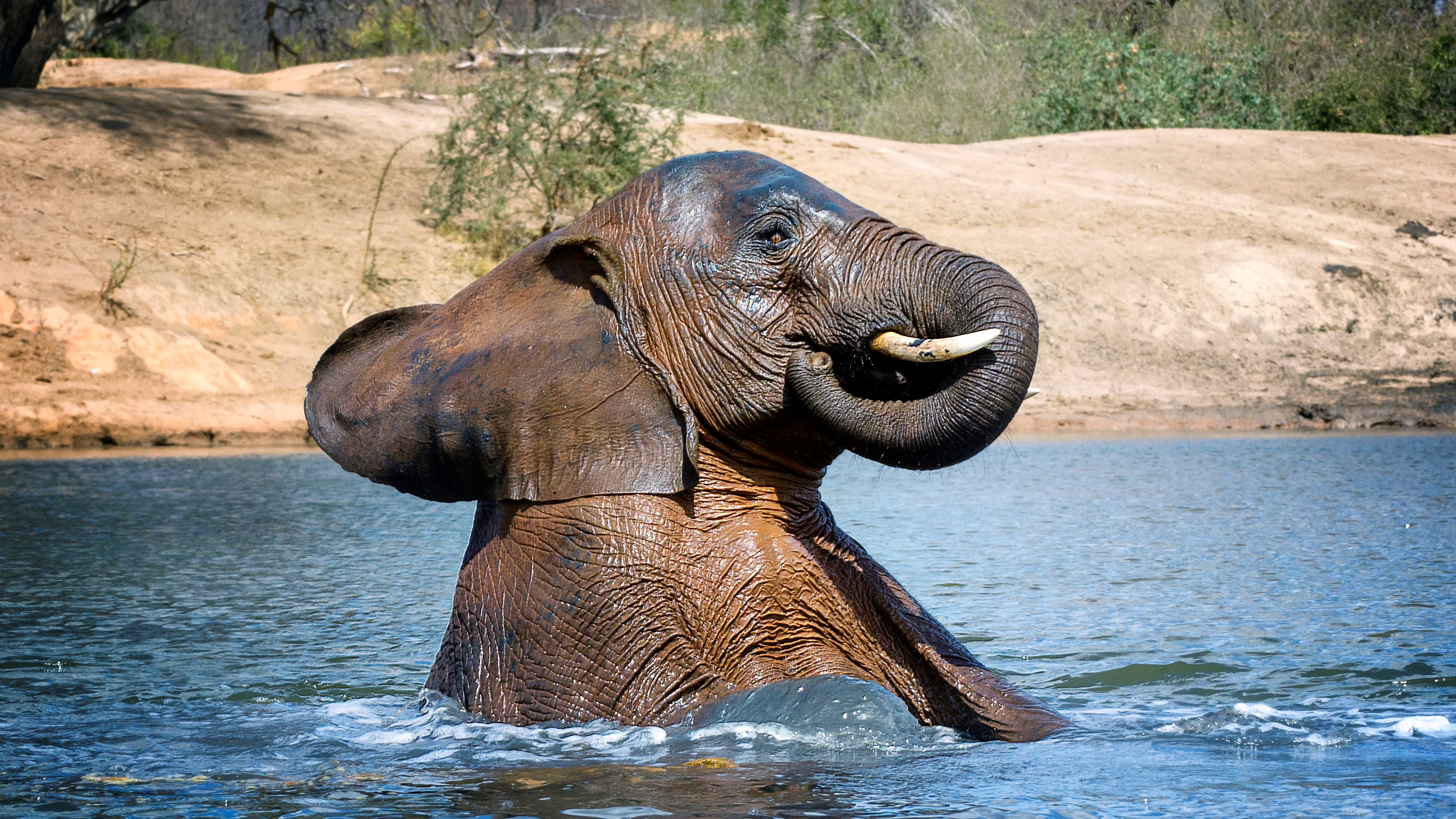
Elephants' giant, hot testicles could stop them getting cancer
By Ethan Freedman published
Scientist claims elephants' cancer-preventing genes may have evolved to protect their sperm from the scorching hot habitats they live in.
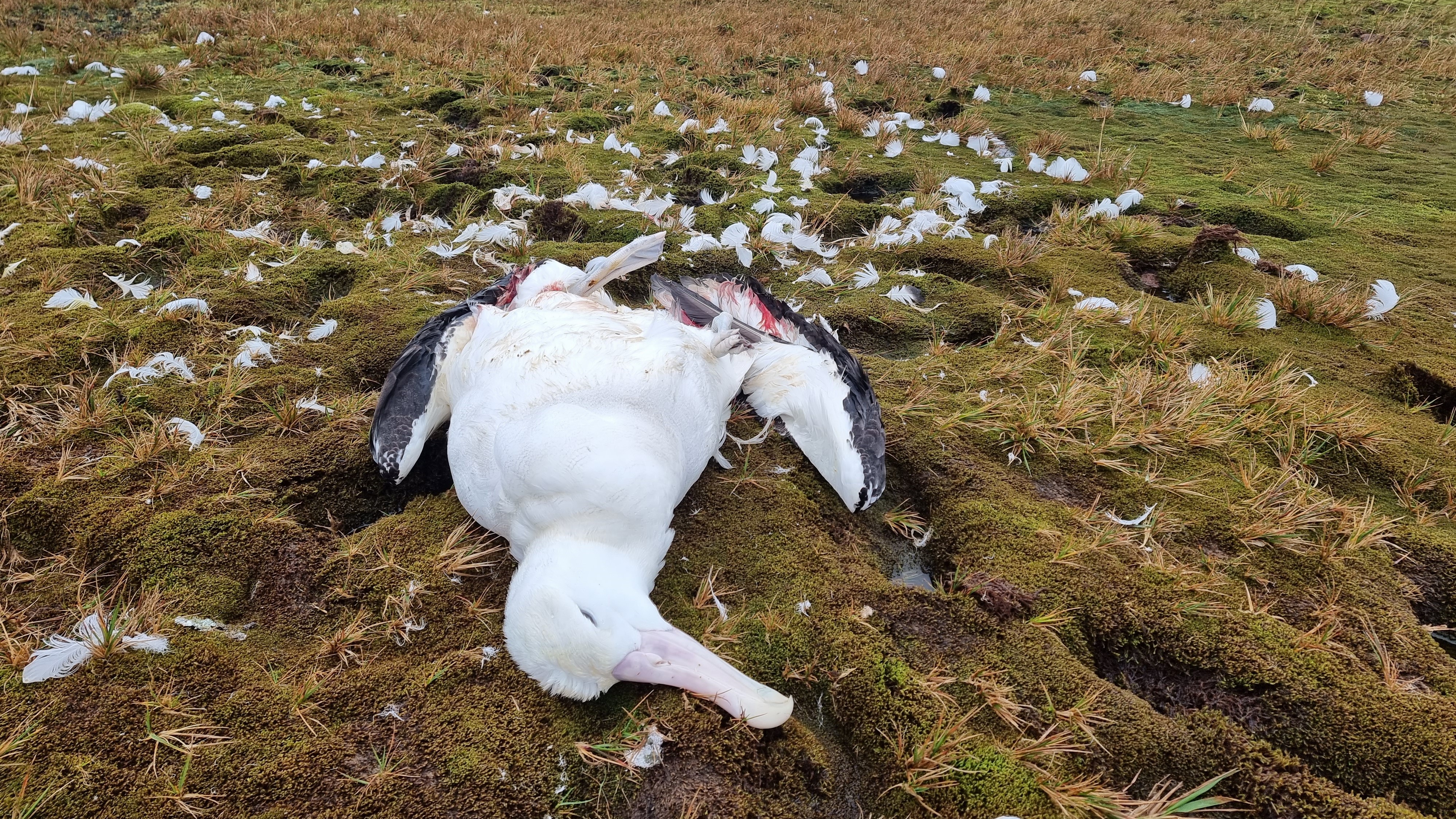
Adult albatrosses found gnawed to death by mice on 3rd remote island
By Ethan Freedman published
Mice had previously been seen attacking seabird chicks — but in April researchers found eight dead adults. And this new development is concerning conservationists.
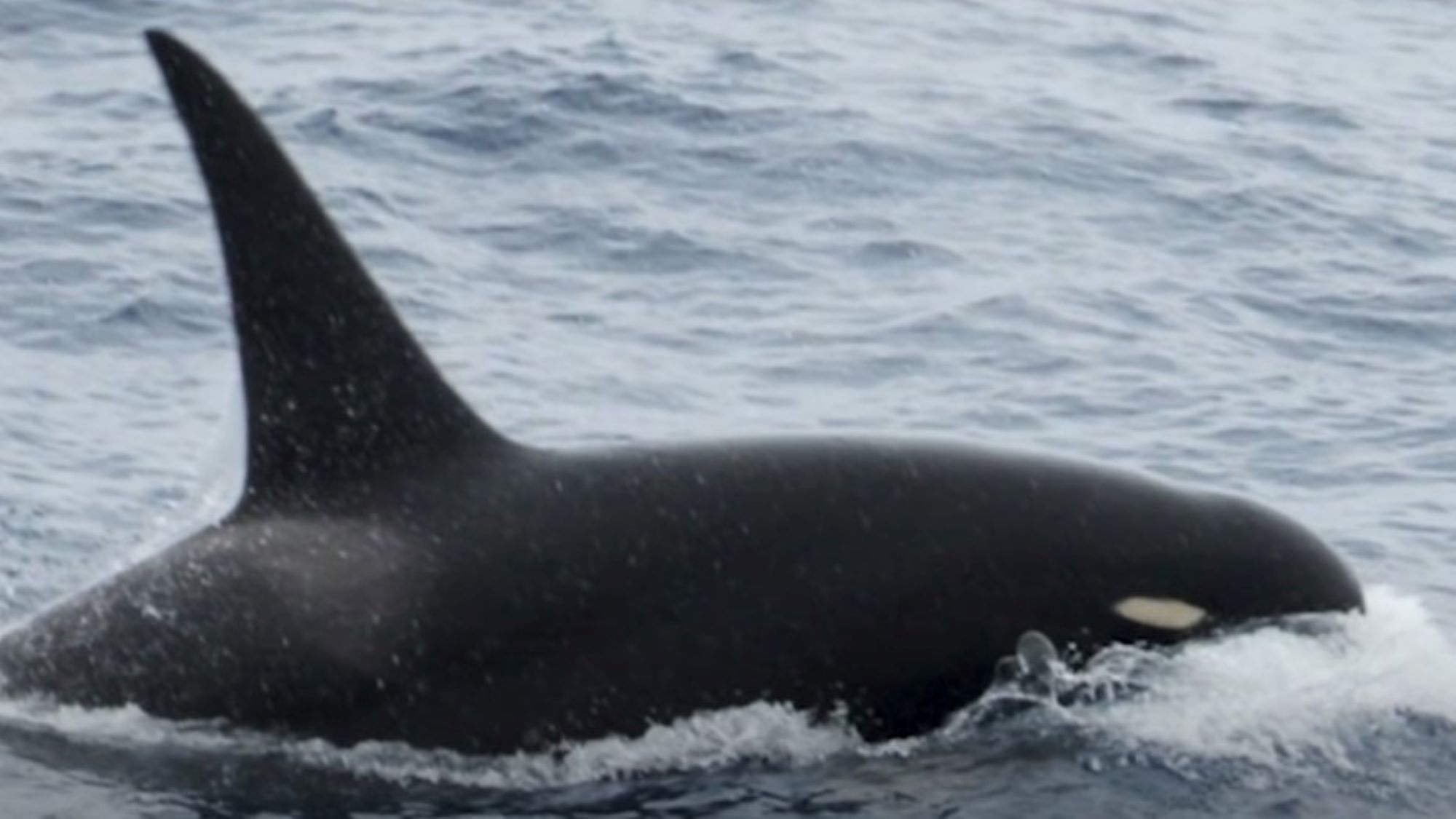
Mystery orcas with bulbous heads wash up dead in unexplained mass stranding
By Ethan Freedman published
The nine Type D orcas were found on a beach in Chile, with a necropsy of one female showing it was a healthy adult, with no signs of human involvement in its death.
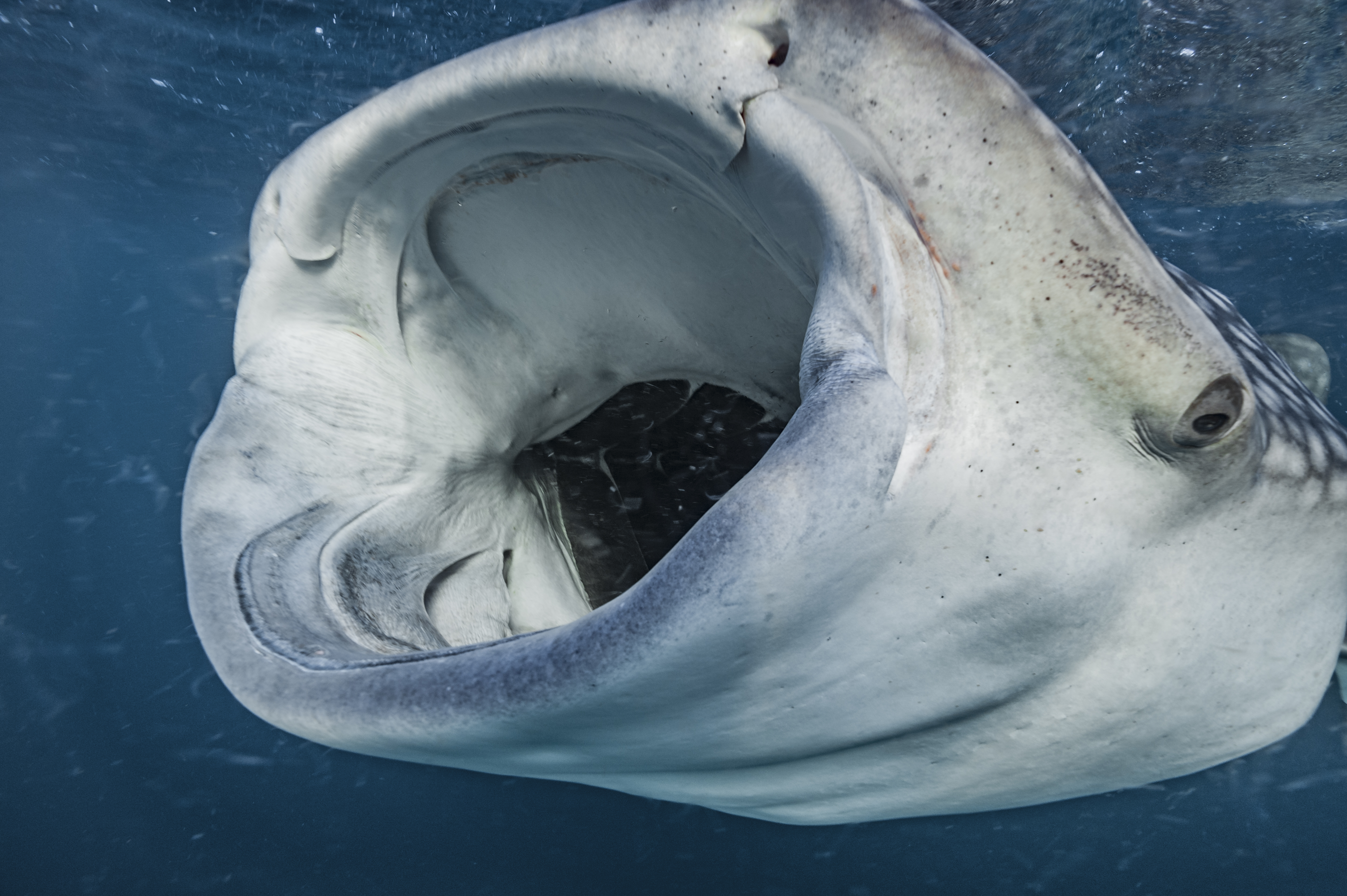
Watch 1st-ever footage of whale shark eating from the bottom of the ocean
By Ethan Freedman published
The world's biggest shark species usually filter feeds, passively gathering krill and other plankton while swimming through the water. But new footage shows something entirely different.
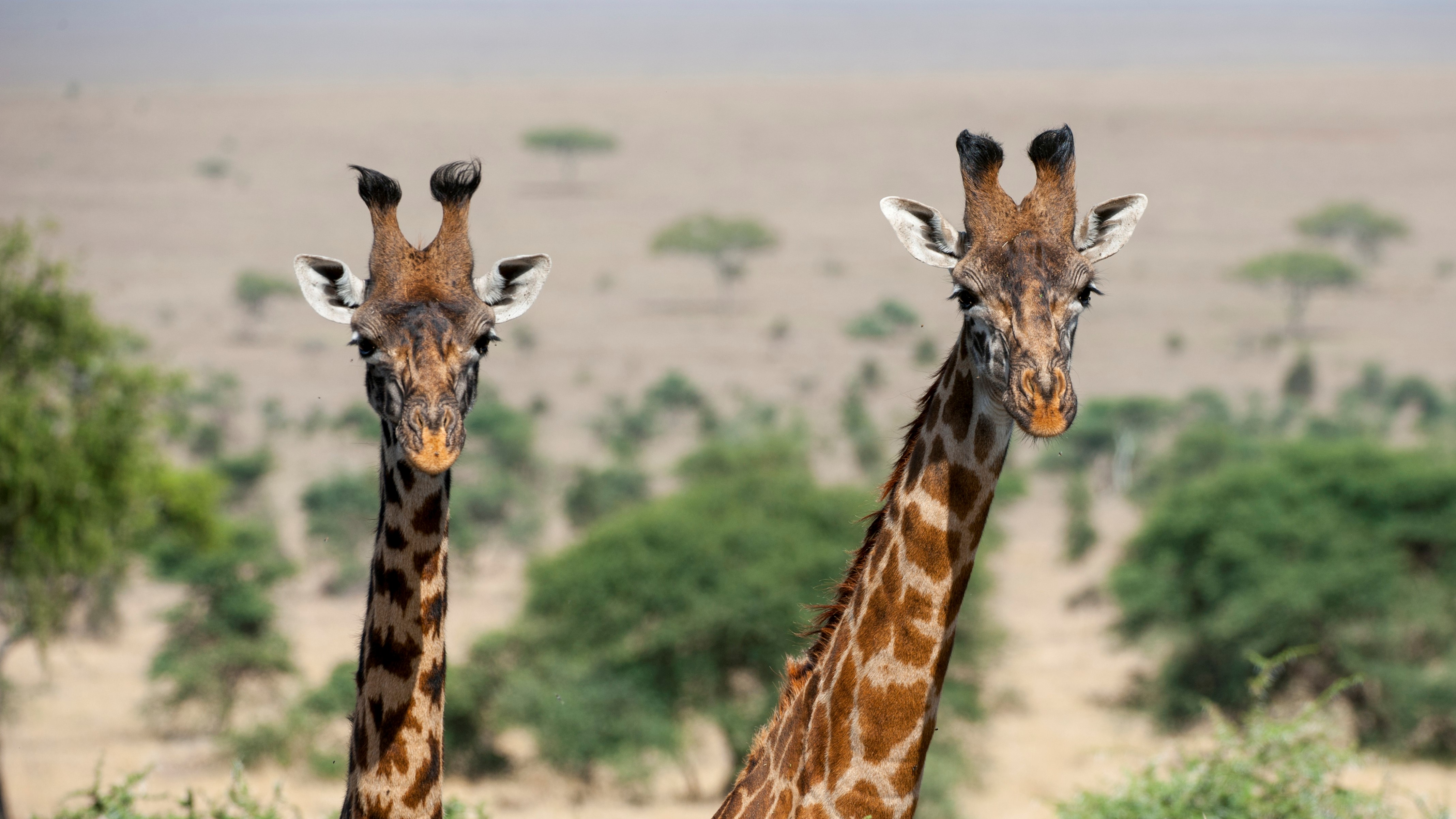
Endangered Masai giraffes may be inbreeding themselves to extinction
By Ethan Freedman published
"Fifty years from now, will there be Masai giraffes? I don't know. I think it's a 50/50 proposition," Douglas Cavener, who has published a new study on the risks facing the species, told Live Science.
Sign up for the Live Science daily newsletter now
Get the world’s most fascinating discoveries delivered straight to your inbox.
